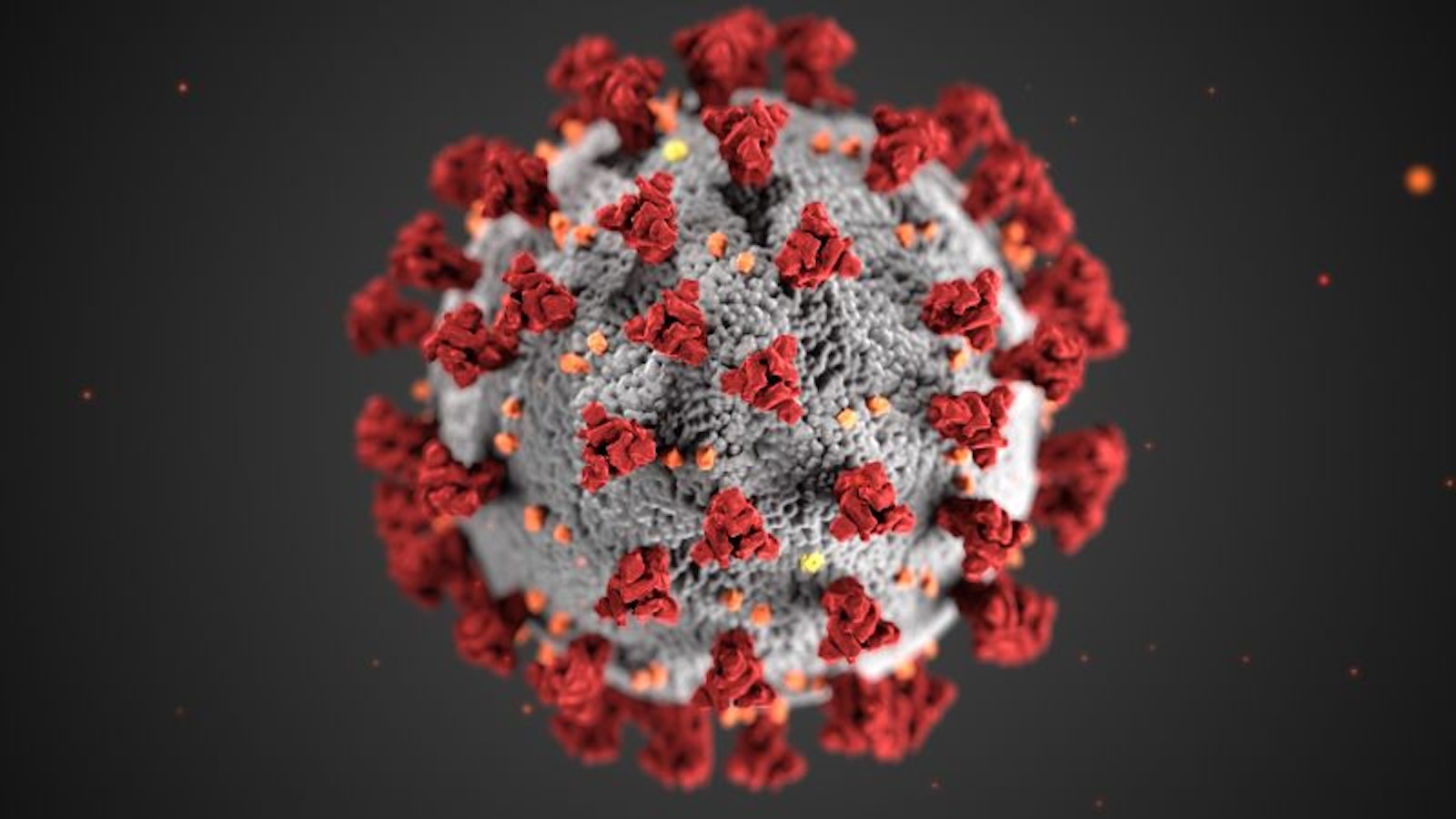A new report obtained by US legislators suggests that the genetic sequence of SARS-CoV-2, the virus that causes covid-19, was sent to a database of the United States National Institutes of Health (NIH) two weeks before its official release by the Chinese Government. This information, according to experts, potentially undermines claims made by the Chinese government regarding their awareness of the virus and could have led to critical delays in the development of a vaccine.
The report details how virologist Dr. Lili Ren of the Institute of Pathogen Biology of the Chinese Academy of Medical Sciences submitted the genetic sequence to GenBank on December 28, 2019, a day after a different presentation of the genetic sequence, “almost identical” to Ren’s, was published. The NIH has confirmed that Ren’s application was incomplete and lacked the necessary information for publication, with a resubmission request sent three days later. However, the NIH claims they never received the additional information requested and the submission was eventually removed from the processing queue.
The review of the genetic sequence by US legislators and experts underscores the importance of rapid data sharing during outbreaks. Dr. Jesse Bloom, a virologist at the Fred Hutchinson Cancer Center, stated that the late discovery of the submission during the early days of the pandemic “could have accelerated by several weeks the development of Covid-19 vaccines that saved thousands of lives per week in just the United States.”
Despite the potential impact of early disclosure of the genetic sequence, Dr. Kristian Andersen, an evolutionary biologist, believes that the sequence should be read in retrospect. He emphasized that at the end of 2019, no one knew that a pandemic would occur, making it challenging to connect the sequence to the ‘mysterious’ disease in Wuhan at the time.
This revelation has raised questions about early data sharing practices and calls for policymakers to strengthen biosafety practices in preparation for future pandemics. The report asserts that the investigation into the origin of Covid-19 is essential for better policy-making and preparedness for any future global health crisis.
